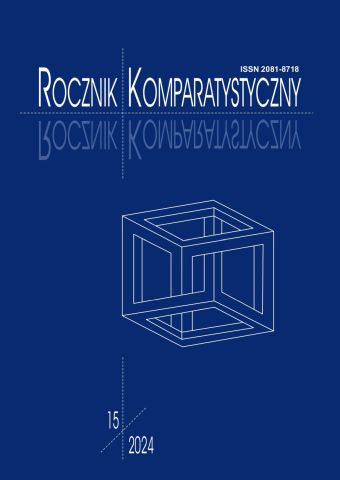“The Sense of Death is Most in Apprehension” Law and Death in Augustine, Donne and Measure for Measure
“The Sense of Death is Most in Apprehension” Law and Death in Augustine, Donne and Measure for Measure
Author(s): Terry ReillySubject(s): Language and Literature Studies, Literary Texts, Poetry, Studies of Literature, Philology, Drama, British Literature
Published by: Wydawnictwo Naukowe Uniwersytetu Szczecińskiego
Keywords: Measure for Measure; death; law; Augustine; John Donne
Summary/Abstract: Early modern English law recognised two forms of death that are mostly unfamiliar to modern culture – civiliten mortuus, a term in Civil Law to indicate that a criminal convicted of a capital crime was considered dead at the time of conviction, not when he was executed, and mortuus saeculo, referring to the form of “secular death” which occurred when a man or woman entered a religious order, such as a convent or monastery (Clarkson and Warren: 261). After developing legal and literary contexts about the contemporary discourse concerning death, using legal cases and selected works of Augustine and John Donne this paper examines representations of these legal definitions of death in Shakespeare’s play Measure for Measure.
Journal: Rocznik Komparatystyczny
- Issue Year: 2024
- Issue No: 15
- Page Range: 65-79
- Page Count: 15
- Language: English

